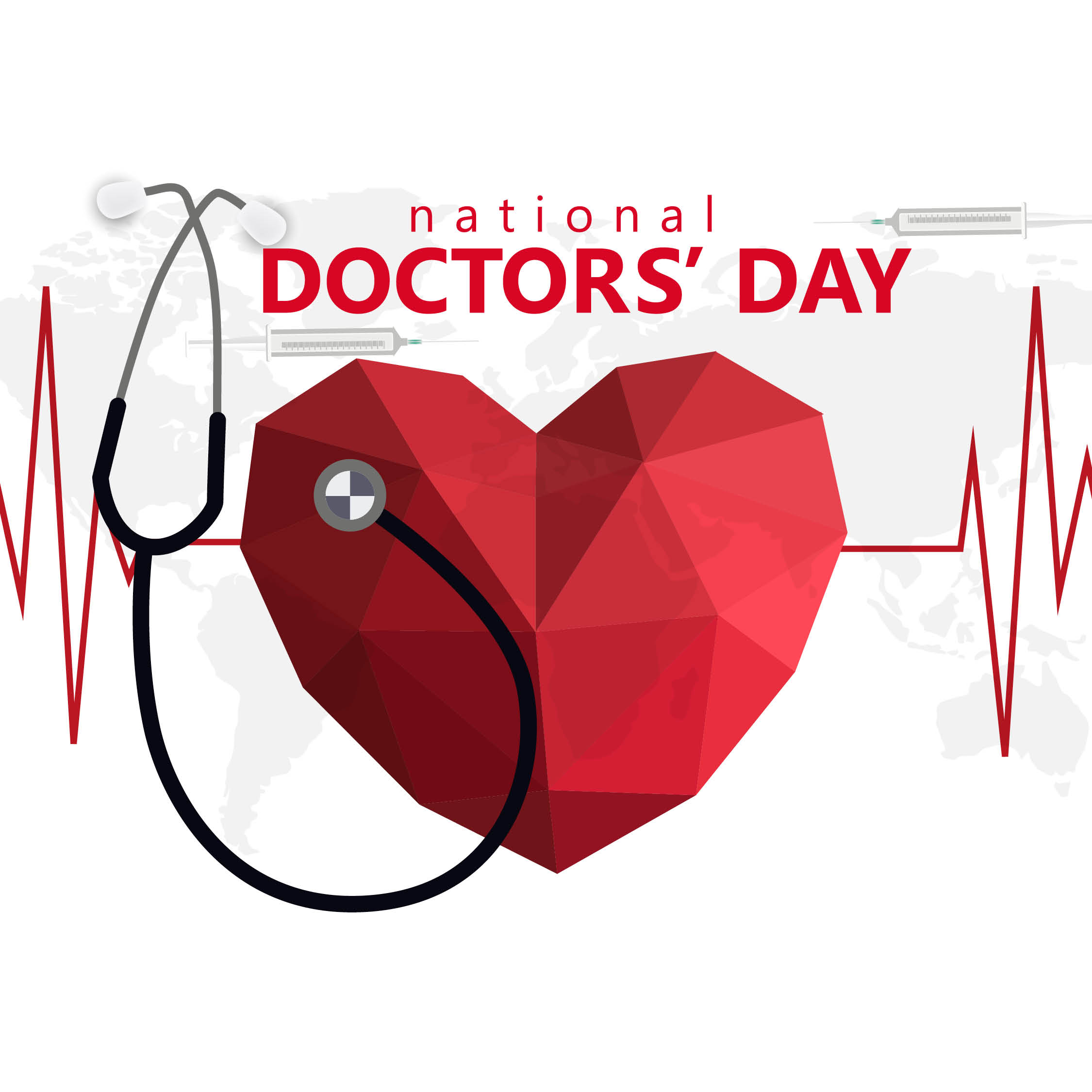
Anthony Captain, MD, became a doctor to make a difference.
“Back in college, my graduate degree was in biomedical engineering, and I was trying to decide whether to go into biological sciences or stay in engineering as a physical scientist,” he said. “For me, it ultimately came down to wanting to care for people.”
As the Traditions Health hospice medical director in Cartersville, Georgia, Dr. Captain gets to live that passion every day.
“A mentor of mine in medical school told me a few things about becoming a doctor that enlightened me at the time and that I’ve never forgotten,” he said. “The most important thing he told me was to always listen to your patients to understand them. He said 90% of diagnoses come just from listening and talking to patients. He also told me to stay humble and never assume to know everything. As a medical director and as a doctor, these are the qualities that I prioritize.”
In honor of National Doctors’ Day on March 30, Dr. Captain shares more about hospice and his role:
Q) Why did you choose to go into hospice care?
Initially, I was approached about a hospice center that was opening in town and needed a medical director. That was the cornerstone of my beginning in hospice care. I quickly realized it met my goal of becoming a doctor: to care for patients. I realized hospice was a unique area to carry out the compassion and caring we as physicians provide.
Once I started in hospice, I learned that many people think it’s a place to go and die. Now more people know differently, but it became a misconception I wanted to help change. Hospice is a holistic approach to death and dying. And because many hospice patients don’t have a strong support network, I wanted to provide the healing and comfort so many of them desperately need.
Q) What do you like most about the work we do at Traditions Health?
A) The people. From our physicians to our nurses to our chaplains and social workers, we’re a team. We’re supportive of one another, and we communicate constantly about patient care. We’re available to show our patients compassion. We also have a national network at Traditions Health.
Q) What makes your role meaningful?
A) Providing comfort and guidance to patients and families is what makes my work matter. We get very close with some of these families. Being able to give them comfort and tranquility is the greatest outcome we can expect.
Q) Why is hospice care an important part of the healthcare continuum?
A) A lot of times, these families feel lost about what’s going on. The patients may not have support and may want to be at home through their last days. Many families aren’t prepared for the reality of it all. We provide guidance. We’re there every step of the way and can respond to any issues that arise like a husband or wife deciding they can no longer care for their spouse at home. We can step in and help find the loved one a place to live where they have access to around-the-clock care. Hospice adds a level of support and comfort to end-of-life care. It helps put people at ease during a difficult time.
Q) What is the one thing you wish more people knew about your role?
A) The misconception persists that hospice is just where you go to die. Not everyone understands the compassionate care and resources we provide to patients and their families. A greater, broader understanding of hospice would help give people a different feeling about end-of-life care, and an easier acceptance of the dying process. They wouldn’t hesitate to use hospice services. They would know that hospice is not just the place where people go to die but a service that involves giving patients and their families choices and support, and people who care walking beside them on the journey.
This National Doctors’ Day and every day, Dr. Captain wants to be known for the humanity and kindness he provides patients as a physician.
“I believe a good physician does his patients justice simply by listening to them and giving them compassion,” he said. “Not every patient outcome is positive. But the majority of the time, doctors do good and make a difference. And that’s what makes the work meaningful.”
To learn more about hospice care at Traditions Health, submit a request care form.